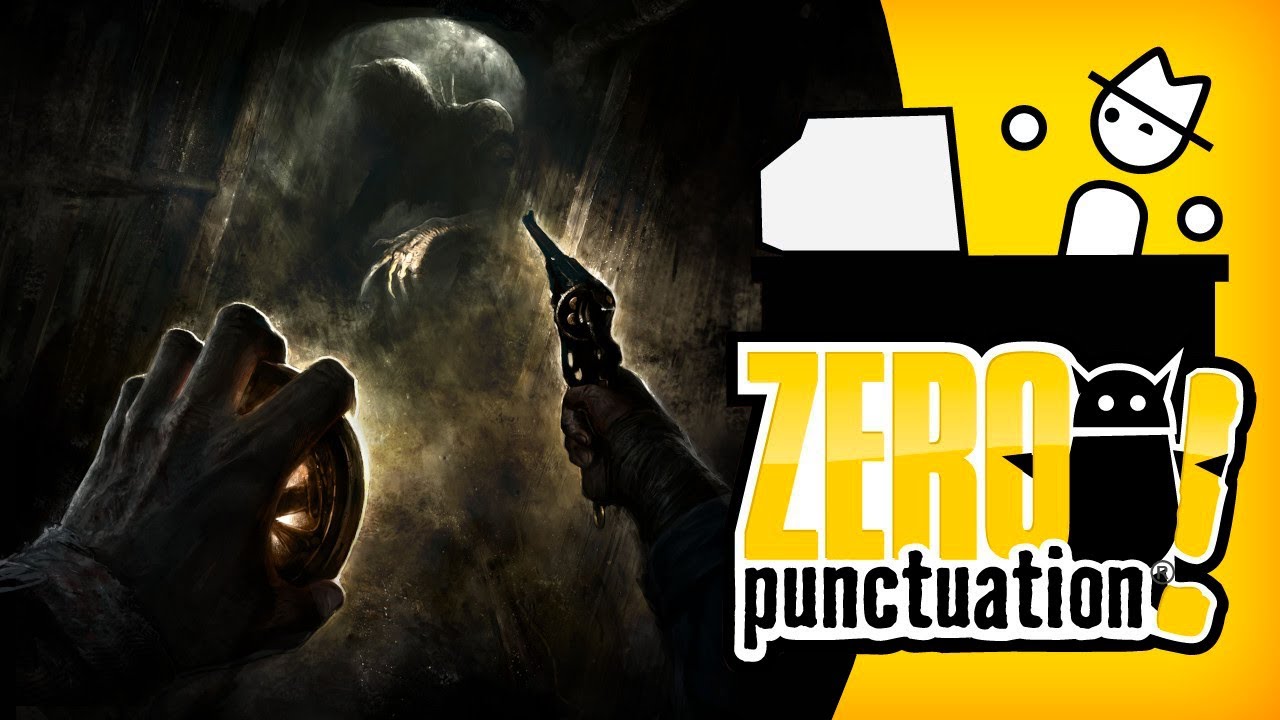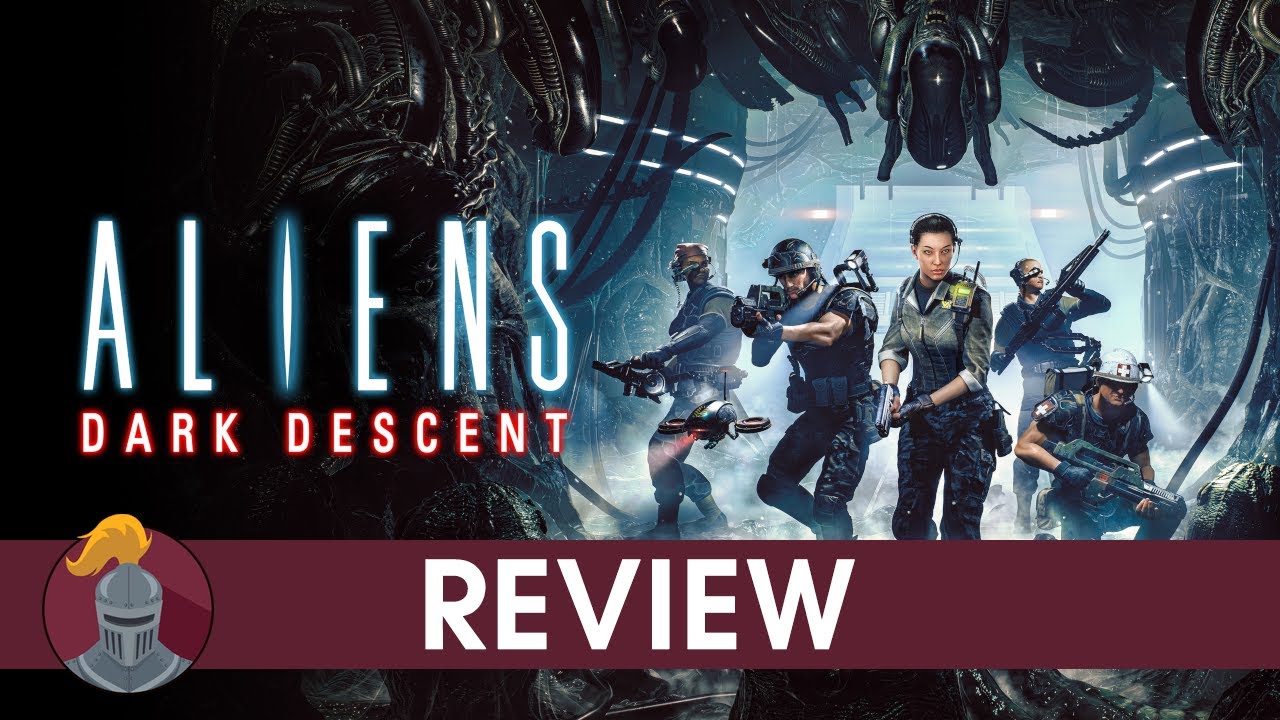

I never played BG1 or BG2 or any of the Divinity games. I have played DND a lot. This feels like medieval fantasy Fallout 1 & 2 with AAA flourishes. I really like it. It’s very unforgiving. There are a lot of creative ways to finish quests. You can miss entire bits of the game based on choices. There’s a character you literally cannot recruit based on your morality choices, and with them entire subplots. The game is DEEP













My only complaint is how horny everyone is. I act nice to people and they wanna jump on my dick. Literally had a mind flayer try to smash my pelvis and I’m like DUDE MELLOW OUT